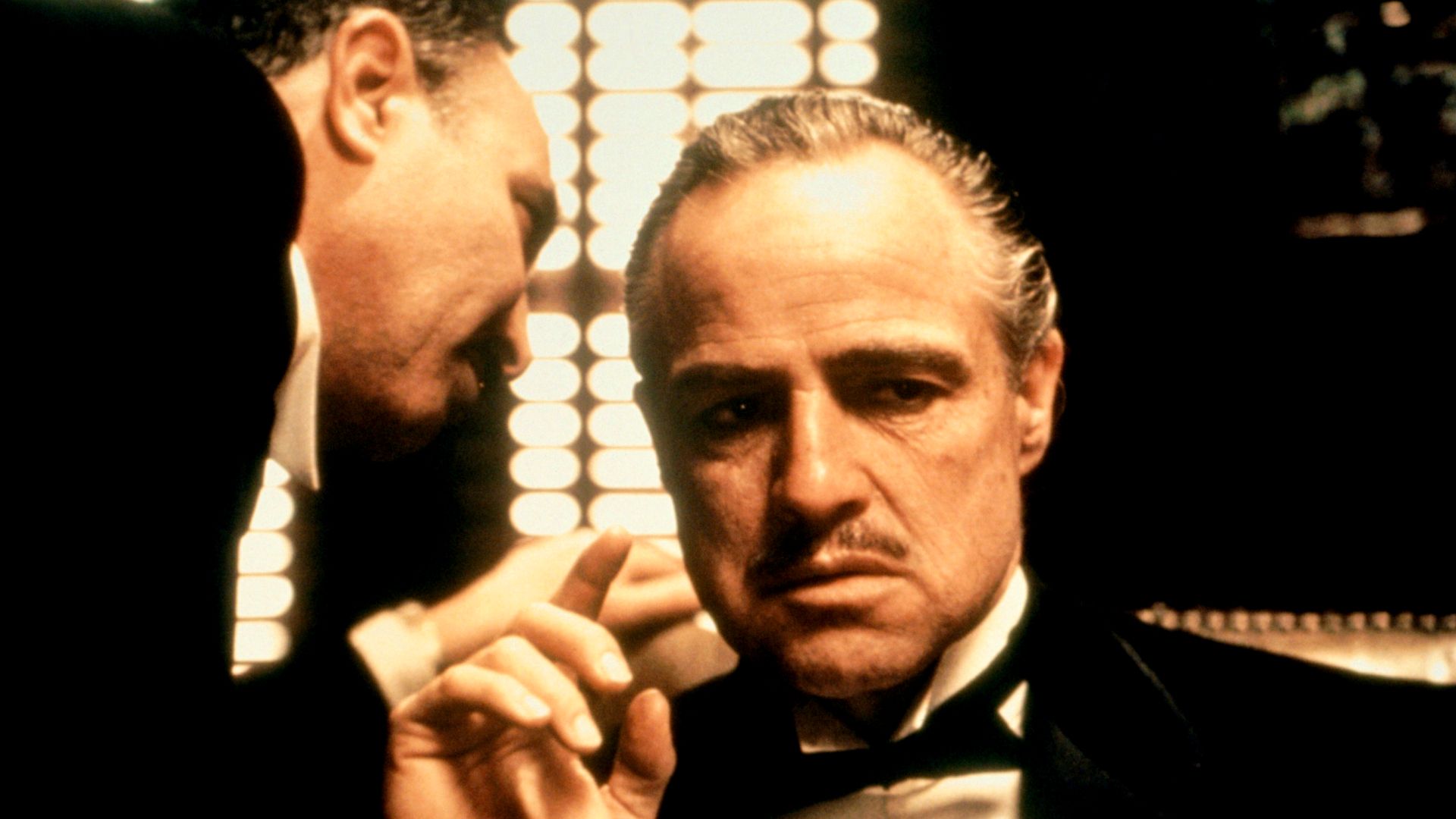
Few movie openings are as memorable as the beginning of The Godfather. The line, “I believe in America,” combined with the dark, dramatic lighting and the slow zoom-out directed by Francis Ford Coppola, creates a truly unforgettable moment in film history.
What makes this line so powerful is the contrast it presents. Bonasera firmly believes in the American dream, yet he turns to Don Corleone, a mafia boss, for help. This perfectly captures the central theme of The Godfather – the promise of America alongside its flaws, particularly for those who immigrate here.
The line “I believe in America” in The Godfather has a powerful meaning that develops throughout the film. However, the ending of The Godfather Part III unexpectedly adds a darker layer to it – a twist that wasn’t originally planned by director Francis Ford Coppola and writer Mario Puzo.
How The Godfather Trilogy’s Final Moments Change The Meaning Behind “I Believe In America”

The film The Godfather presents two contrasting views of America as a place where people can succeed. Bonasera represents those who follow the rules, respect the law, and expect fairness in return. In contrast, Don Corleone believes the system is untrustworthy and instead takes what he wants, disregarding laws and leaders to achieve his goals.
The opening of The Godfather immediately highlights the key difference between the Corleone family and others: people are terrified of crossing them, unlike the man whose daughter has been harmed. Anyone who dared to attack the Corleones would face severe consequences, as seen with Connie’s husband, Carlo. This is precisely the protection and respect the man, Bonasera, is seeking when he turns to the Corleones after failing to get justice through legal channels.
Bonasera’s belief that the Corleone family protects its own largely holds up throughout the story. While Sonny is killed, it happens while Vito is temporarily unable to protect him, and Sonny was a key member of the family, not an outsider. Similarly, in The Godfather Part II, Fredo is killed by his brother, not by someone from outside the family. Carlo is killed as revenge for hurting Connie, and Moe Greene is killed partly because he attacked Fredo – though these acts of vengeance are primarily carried out by Michael, not Vito.
In The Godfather Part III, Mary Corleone is killed, bringing the story full circle. The film echoes the beginning, where Bonasera was devastated by his daughter’s attack, as Michael experiences the same pain and helplessness when he can’t protect his own daughter from harm.
The atmosphere surrounding the idea of “I believe in America” changes significantly across the Godfather films. Initially, Bonasera’s hopeful belief seems innocent, as he turns to the mafia only when America lets him down. However, by the end of The Godfather Part III, Michael’s single-minded chase of the American dream tragically leads to the death of his daughter.
The original Godfather movie from 1972 shows America’s values as good in theory, but flawed in practice. The third film implies those ideals are actually impossible to reach, creating a hopeless situation. Those who follow the rules are failed by the system, while those who break them ultimately destroy themselves. This theme is present throughout Vito Corleone’s story, but Mary’s death makes it clear that both trying to live honestly, like Bonasera, and choosing a life of crime, like the Corleones, lead to tragedy.
How “I Believe In America” Separates Michael Corleone From His Father

The deaths of both Mary and Fredo Corleone in The Godfather Part II highlight how Michael’s pursuit of the American dream goes too far. Driven by immense ambition, Michael builds the Corleone family’s power to an unprecedented level, ultimately achieving great success but at a terrible cost. He becomes so focused on realizing the promise of opportunity in America that he doesn’t recognize what he’s lost until it’s too late.
Watching the Godfather films, it’s striking how much more contained Vito Corleone’s operation was. It wasn’t about racking up massive wealth or power; it was about control. And that control, I think, is the key to understanding the tragedy of The Godfather Part III. Mary’s death isn’t just random; it’s a direct consequence of Michael losing his grip on things. Vito, in my view, truly understood what it meant to ‘believe in America’ – not the naive faith Bonasera placed in the system in the first film, and certainly not Michael’s endless chase after more money. For Vito, it was about self-reliance and, above all, prioritizing family over the business, a lesson Michael ultimately failed to learn.
Read More
- Best Controller Settings for ARC Raiders
- Legacy of Kain: Ascendance announced for PS5, Xbox Series, Switch 2, Switch, and PC
- The Best Members of the Flash Family
- 10 Most Memorable Batman Covers
- Netflix’s Stranger Things Replacement Reveals First Trailer (It’s Scarier Than Anything in the Upside Down)
- Star Wars: Galactic Racer May Be 2026’s Best Substitute for WipEout on PS5
- ‘Crime 101’ Ending, Explained
- The Strongest Dragons in House of the Dragon, Ranked
- Best Werewolf Movies (October 2025)
- 24 Years Later, Star Trek Director & Writer Officially Confirm Data Didn’t Die in Nemesis
2025-11-26 20:09